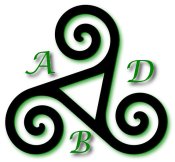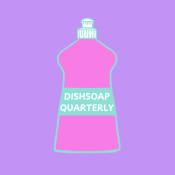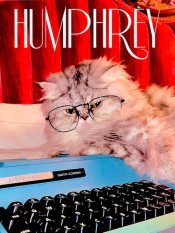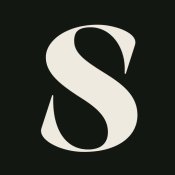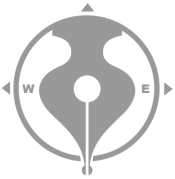
Pan Haiku Review
The Pan Haiku Review focuses on Japanese short-form poetry, including haiku, senryu, tanka, haiga and haibun/tanka prose. Typically each issue has a theme. For example, issue six is only accepting submissions of haiku. The editor, Alan... Read more





